-
Nuclear Dynamics of a Collapsing Pakistan
- July 5, 2023
- Posted by: admin
- Category: Pakistan
No Comments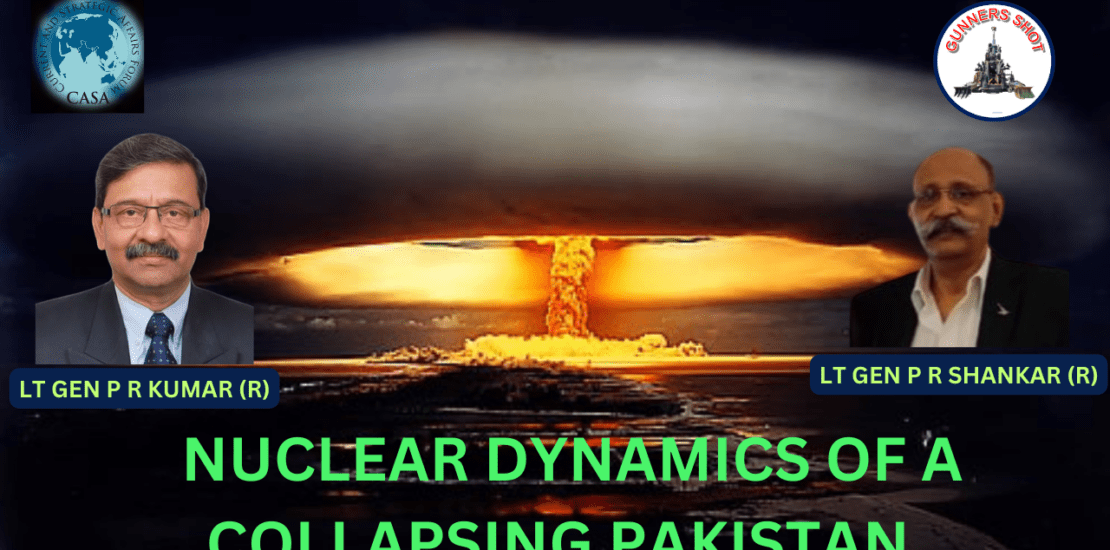
As Pakistan keeps descending into a state of eternal chaos, its nuclear assets become more of an international risk by the day.
-
Pakistan’s Evolving Situation
- July 5, 2023
- Posted by: admin
- Category: Pakistan

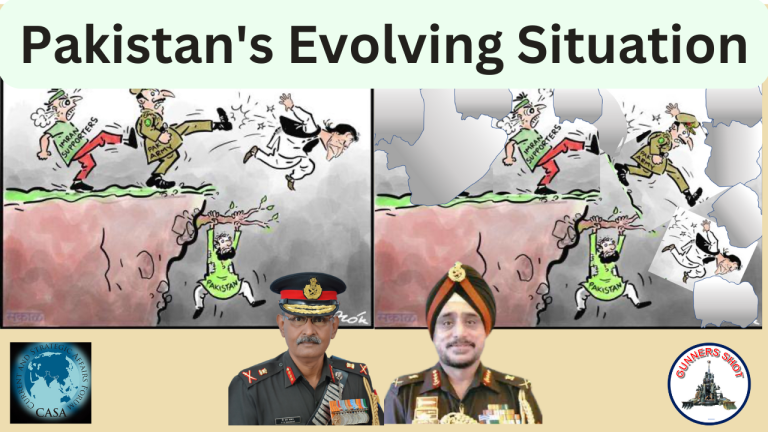
Lt Gen K J Singh (R) and i had a very down to earth and clear discussion on the evolving situation in Pakistan.
-
Syria back on the Arabian abacus
- July 5, 2023
- Posted by: admin
- Category: Syria

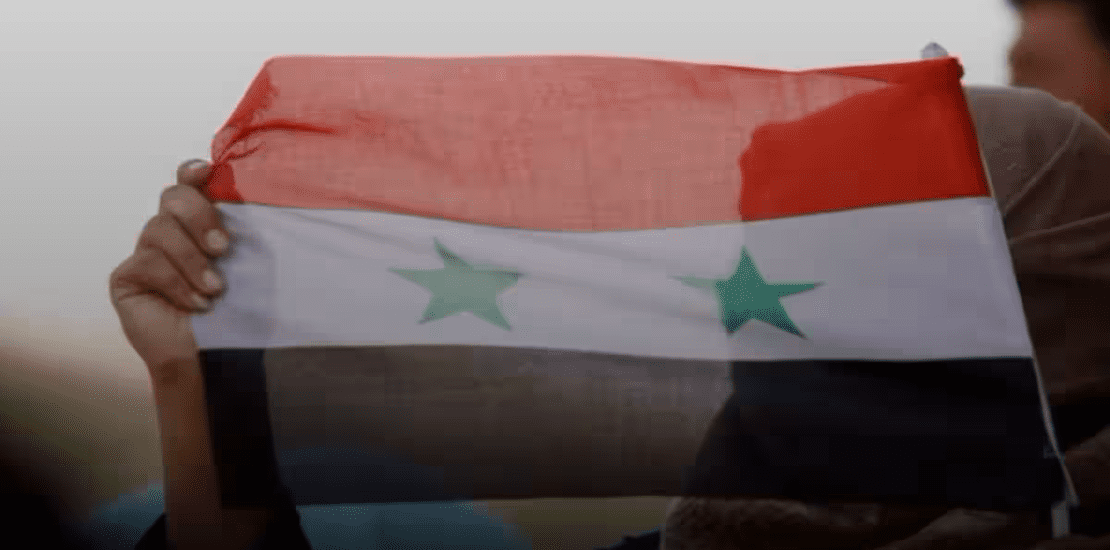
The Arab Spring since 2010-11 has claimed many dictators from Tunis to Egypt to Libya to Yemen to Algeria to Sudan.
-
The Chinese Bicycle With A Triangular Wheel
- July 5, 2023
- Posted by: admin
- Category: China


I am doing this peek into China episode after a long time.
-
India should declare that AI will not be used to autonomously launch nuclear weapons
- July 5, 2023
- Posted by: admin
- Category: India


Technological advancements like AI, quantum computing, nanotechnology, robotics have made it imperative to modernise the nuclear arsenal.
-
Assessment of Quad’s Effectiveness: An Indian Perspective
- July 5, 2023
- Posted by: admin
- Category: India
The leaders of the Quad countries gather in Japan this weekend on the sidelines of the G7.
-
Chaos could reign in Pakistan as noose tightens on Imran Khan
- July 3, 2023
- Posted by: admin
- Category: Pakistan

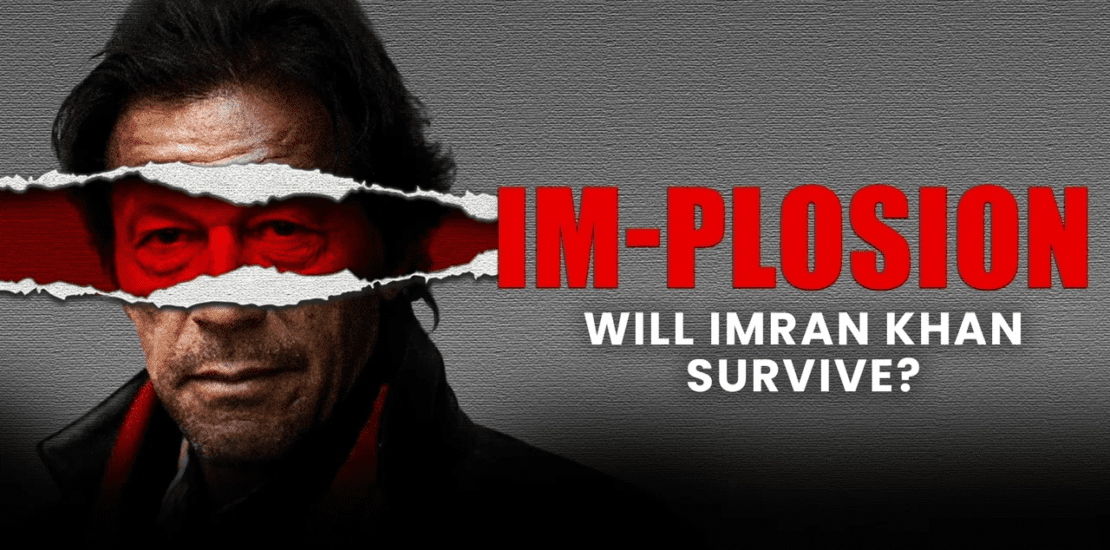
Early elections are unlikely since the Pakistan Army appears to be happy backing a coalition of parties.
-
The Dogs of War Multidomain Mercenaries Operating in the Ukraine War
- July 3, 2023
- Posted by: admin
- Category: Ukraine
MP 99: The Dogs of War Multidomain Mercenaries Operating in the Ukraine War
-
The implications of Pakistan’s implosion
- July 3, 2023
- Posted by: admin
- Category: Pakistan

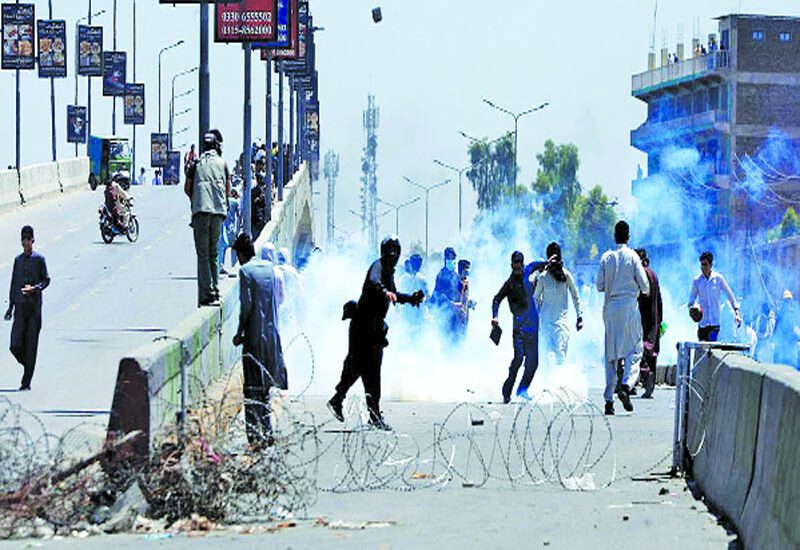
Much like in Pakistan, religion and ethnicity are increasingly seen as tools to spread divisiveness aimed at fulfilling political agendas
-
Pakistan on the Boil: Who’s to Blame?
- July 3, 2023
- Posted by: admin
- Category: Pakistan

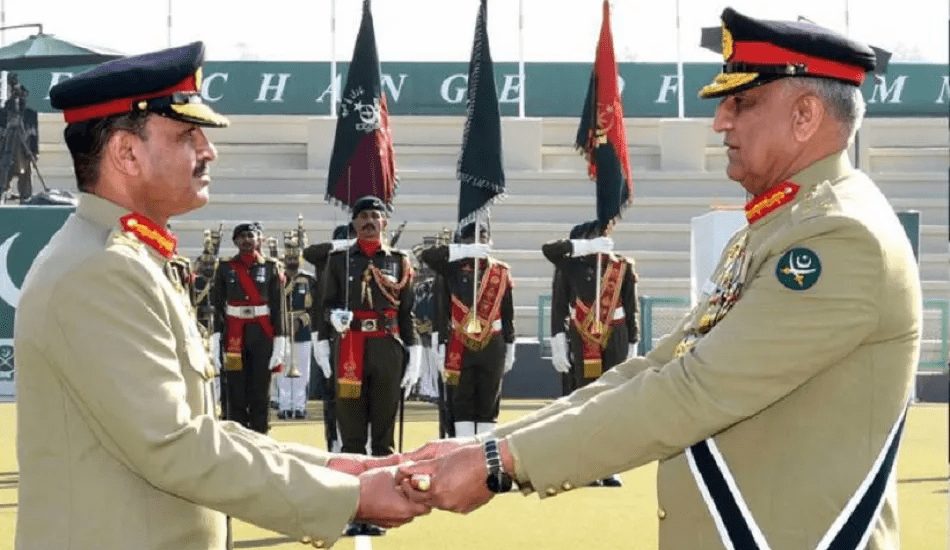
Though Rawalpindi’s highhandedness and brazen exercise of extra-constitutional powers is a routine matter
